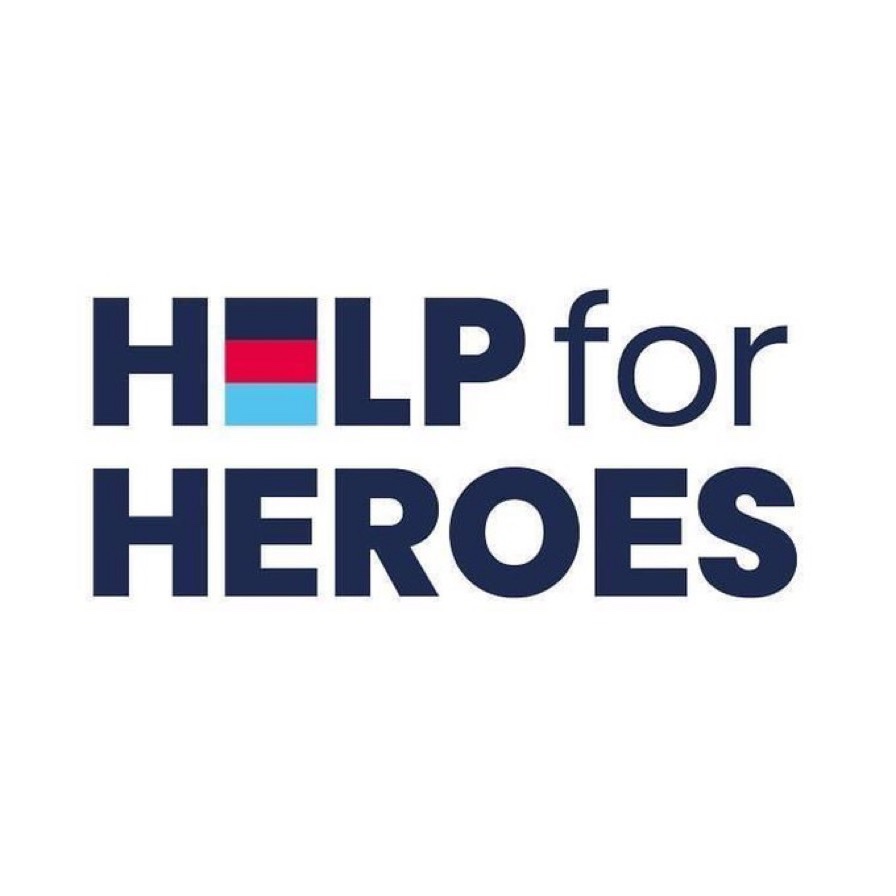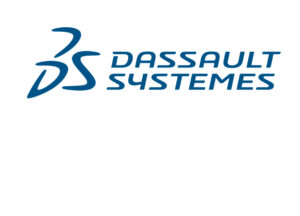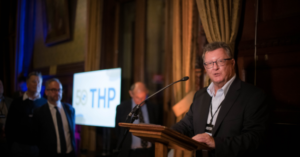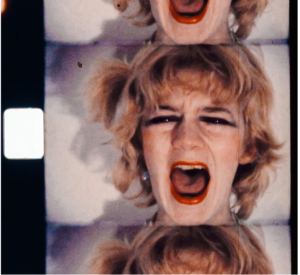LANCS CASE STUDY AVAILABLE WITH ARMED FORCES CHARITY HELP FOR HEROES: Veterans Call for Change as Portrayals in the Media Prove Damaging

A damaged soldier returns home unable to readjust to civilian society after the horrors of war. Alienated by society, homeless and struggling with drugs and alcohol, the veteran is a walking time bomb. With storylines often portraying veterans as ‘broken’, angry and unable to fit into society, a new study explores the effect this false association is having on ex-servicemen and women.
New research1 from Help for Heroes reveals the extent to which veterans and service personnel are impacted by their inaccurate portrayal in films and television. The research shows that UK adults are very likely to select negative words when describing military veterans with PTSD, such as burnt-out (59% of UK adults), unbalanced (35%), a danger to themselves and others (30%) and explosive (29%).
Conversely, very few selected positive words such as happy (2%), successful (3%), calm (2%) and motivated (3%). With storylines often portraying veterans as ‘broken’, angry and unable to adapt to society because of mental health issues such as PTSD, there is a damaging and false association being created between veteran mental health and dangerous behaviour.
The research – conducted to coincide with National PTSD (Post Traumatic Stress Disorder) Awareness Day – shows that as over 60% of Britons have no connection with the Armed Forces, the majority are likely to base their perceptions of military veterans on what they see on TV and in film.
An investigation carried out by Help for Heroes shows how misconceptions about veterans, perpetuated in the media, are having a direct and detrimental impact on veterans’ relationships, careers and self-esteem. A total of 87% of veterans who responded to a Help for Heroes survey2 claimed that inaccurate portrayals on screen are likely to make the general public think that military veterans with mental health issues will do something reckless or dangerous.
These findings reflect those of an academic study3 carried out by the University of East Anglia and University of Leeds in July 2020 in which the majority of participants found the representations of veterans in the media to be largely negative. A responder to their survey said: “mostly veterans are portrayed as mad, dangerous losers with nothing to live for to offer society, which I think is disgusting as 99% of veterans are peaceful people”.
Veterans have told the charity about the unfair impact that public misconceptions about veterans’ mental health have had on their lives, including:
Losing the confidence to leave their house when a blockbuster TV series features a stereotypical ‘dangerous’ veteran storyline.
Not asking for mental health support due to worries about the stigma of PTSD, or because they couldn’t believe they had PTSD when on-screen portrayals did not reflect their experiences.
Not being able to get a job after a PTSD diagnosis.
This is why Help for Heroes is launching a new campaign fronted calling on TV and film companies to help bust the myth that veterans with mental health issues are ‘mad, bad and sad’ when the vast majority lead positive, successful and happy lives. The charity isn’t asking the media to remove dramatic moments on screen, but to give context by flagging when there is an exaggerated portrayal of veteran mental health, and using a broader, more representative spectrum of storylines.




